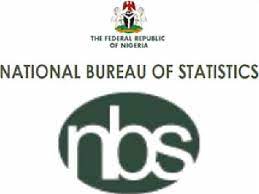China’s Ministry of Commerce has objected to the EU’s new anti-dumping methodology, claiming that it violates World Trade Organization (WTO) rules.
The new anti-dumping and anti-subsidy legislation was approved by the European Parliament on November 15, 2017.
The rules introduce a new methodology for calculating anti-dumping margins, abolishing the non-market economies (NMEs) list in favor of a method based on “significant market distortions” or a “pervasive state’s influence on the economy.”
According to a news report by Tax-News.com, the European Commission stated that “the rules are formulated in a country-neutral way and in full compliance with the EU’s WTO obligations.”
However, a statement from China’s Ministry of Commerce which objected to the change reads: “When confirming the situation of ‘significant market distortions,’ the EU can abandon the exporters’ prices or costs and determine the existence of dumping based on the prices of a third country or international prices. We think the EU’s methodology is against the WTO rules.
“The EU’s new anti-dumping investigation methodology cannot be backed up by the WTO rules. The EU continues to use the ‘surrogate country’ approach regardless of the WTO rules and decides the existence of ‘significant market distortions’ of other countries by its own standards. This will weaken the authority of the WTO’s anti-dumping legal system”, the Ministry added.
It warned that China would protect its own interests through “necessary methods.”
Maintaining its stance on the EU rules, the Chinese Government is insisting that all WTO members should treat it as a market economy (ME) as from December 11, 2016, being the 15th anniversary of its WTO accession.
For countries using the opposite, non-market economy (NME) approach, Chinese domestic prices are not used as a benchmark against which to compare export prices.
Instead, WTO rules allow the use of data from another ME country – an “analogue country” – as the basis for calculation. This means that NMEs may be subject to ADs that can be higher because they are considered to more likely provide government subsidies that artificially lower domestic prices.




